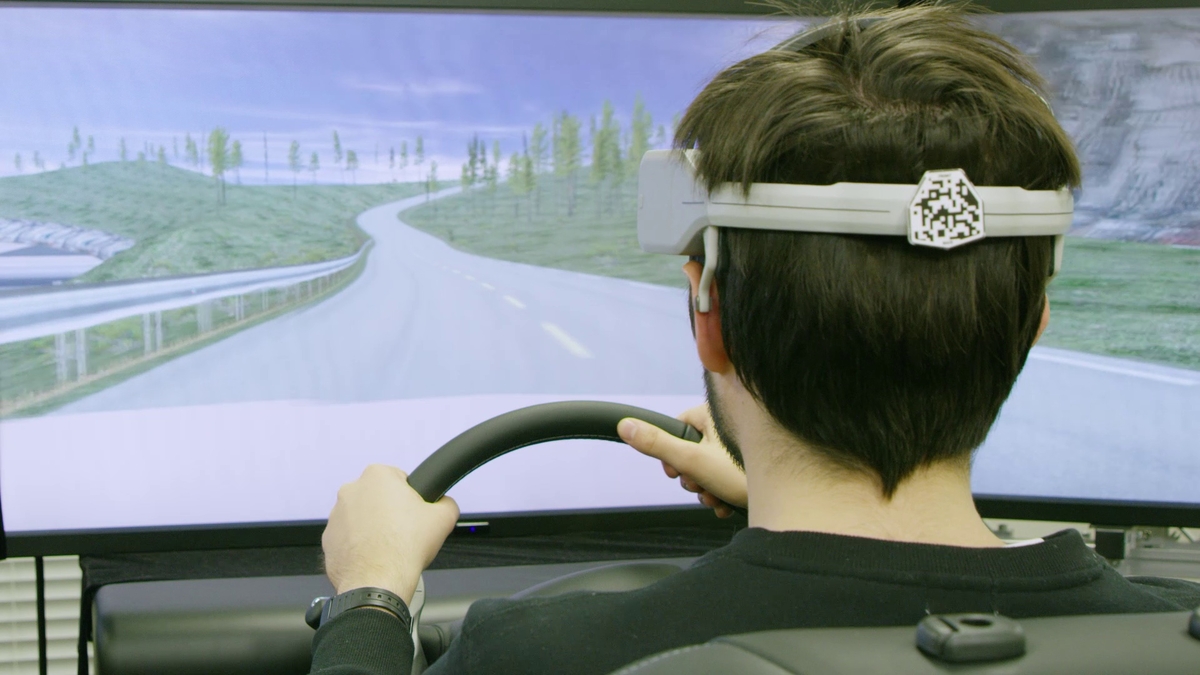Nissan is developing technology that will allow your car to read your thoughts and control your vehicle without you moving a muscle. The system can react to roadway conditions faster than your arms and legs, saving precious milliseconds in the event of a looming accident.
Which is nice and all, but aren’t we preparing for a world full of autonomous vehicles that will do all the driving anyway, without us having to react? Nissan’s tech feels a day late and a dollar short.
Of course, Nissan has expected such responses, and it’s got a press release to counter them:
“When most people think about autonomous driving, they have a very impersonal vision of the future, where humans relinquish control to the machines. Yet B2V technology does the opposite, by using signals from their own brain to make the drive even more exciting and enjoyable,” said Nissan Executive Vice President Daniele Schillaci. “Through Nissan Intelligent Mobility, we are moving people to a better world by delivering more autonomy, more electrification and more connectivity.”
This breakthrough from Nissan is the result of research into using brain decoding technology to predict a driver’s actions and detect discomfort:
Predict: By catching signs that the driver’s brain is about to initiate a movement – such as turning the steering wheel or pushing the accelerator pedal – driver assist technologies can begin the action more quickly. This can improve reaction times and enhance manual driving.
Detect: By detecting and evaluating driver discomfort, artificial intelligence can change the driving configuration or driving style when in autonomous mode.
Other possible uses include adjusting the vehicle’s internal environment, said Dr. Lucian Gheorghe, senior innovation researcher at the Nissan Research Center in Japan, who’s leading the B2V research. For example, the technology can use augmented reality to adjust what the driver sees and create a more relaxing environment.
Ultimately, there is no denying that AI technology is having a huge impact on the automotive industry. With everything from driverless cars, taxis, buses, and trucks to robots that work on the factory floor, AI technology, be it developed with help from synthetic data companies or fully in-house, has transformed the sector completely.
For example, AI can now be used to monitor drivers to check whether they are fully active or not. If AI finds signs of tiredness in the eyes of a driver, then it can alert the driver with the help of AI-driven sensor alarms.
Of course, there are other uses for AI too that AI consulting services can use to produce further technological developments. For instance, AI software can create maps for preferred locations that can help drivers while on the roads. This of course helps with navigation and can be used to forecast weather and monitor traffic.
You can learn a little more about this technology in the video above or at CES.
